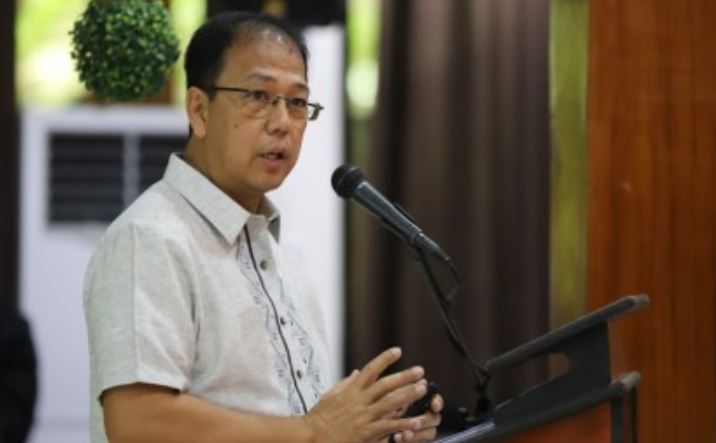Ensuring the rights and protection of the Indigenous Peoples (IPs) community is crucial to maintaining tribal roles as the government’s “most reliable peace partners” in achieving peace, reconciliation, and unity in the country.
Office of the Presidential Adviser on Peace, Reconciliation and Unity (OPAPRU), Secretary Carlito Galvez Jr., said developing armed conflict-afflicted communities has been very effective with the help of the IPs.
Thus, the government’s peace agreements with various rebel groups also cover the protection and welfare of the IPs.
“Through the peace tables we have established, we want to ensure that our IPs are part of the peacebuilding and development process. We want them to play a more active role in their communities as instruments of positive change,” Galvez said in a statement Wednesday.
The inclusion of IPs’ concerns in different peace accords with the Moro Islamic Liberation Front (MILF), Moro National Liberation Front (MNLF), Cordillera Bodong Administration-Cordillera People’s Liberation Army (CBA-CPLA), and the Rebolusyonaryong Partido Manggagawa-Pilipinas/Revolutionary Proletarian Army/Alex Boncayao Brigade-Tabara Paduano Group (RPM-P/RPA/ABB-TPG) manifests the government’s determination to achieve a comprehensive peace process in the country, he added.
OPAPRU’s Social Healing and Peacebuilding Program (SHAPE) and Payapa at Masaganang Pamayanan Program (PAMANA) also cover various socio-economic interventions for the IP communities.
“We recognize that our IPs will be crucial in implementing our mandate of fostering peace, reconciliation and unity nationwide. Our agency’s interventions are therefore designed not only to address their needs but also to capacitate them,” Galvez said.
Addressing challenges
The SHAPE program focuses on addressing the challenges being confronted by vulnerable groups including IPs, internally displaced persons (IDPs), as well as women and youth — through mainstreaming the OPAPRU’s National Action Plan on Women, Peace and Security.
It also promotes social healing, mutual understanding, and reconciliation among those affected by the armed conflict, as well as helping people rebuild their lives, and empowering former combatants to become agents of peace and development.
The PAMANA Program, meanwhile, provides socio-economic interventions to improve the living conditions of residents in isolated, hard-to-reach, and conflict-affected communities across the country.
To expand the protection and welfare of the IPs, the OPAPRU is now crafting a “healing and reconciliation” (HR) framework for the IPs engaged in the communist armed struggle.
For the past decades, Galvez cited that IPs have become the “primary recruitment target” of communist rebels as they are more vulnerable to radicalization and exploitation.
He noted that hundreds of IPs belonging to Dumagat, Aeta and Ata Manobo tribes, residing in Central Luzon and Southern Mindanao, have been recruited by the communist rebel group.
“If we truly desire to take part in creating a better and brighter future for our IPs, let us go beyond fiery rhetoric and use the public sphere to offer solutions that will address the pressing issues and concerns affecting our IP brothers and sisters,” he said.
Galvez also expressed full support to Vice President and Education Secretary Sara Z. Duterte’s call for the protection of all IPs in the country.
“In these challenging times, there is a need for us to level up our discourse,” he said.
